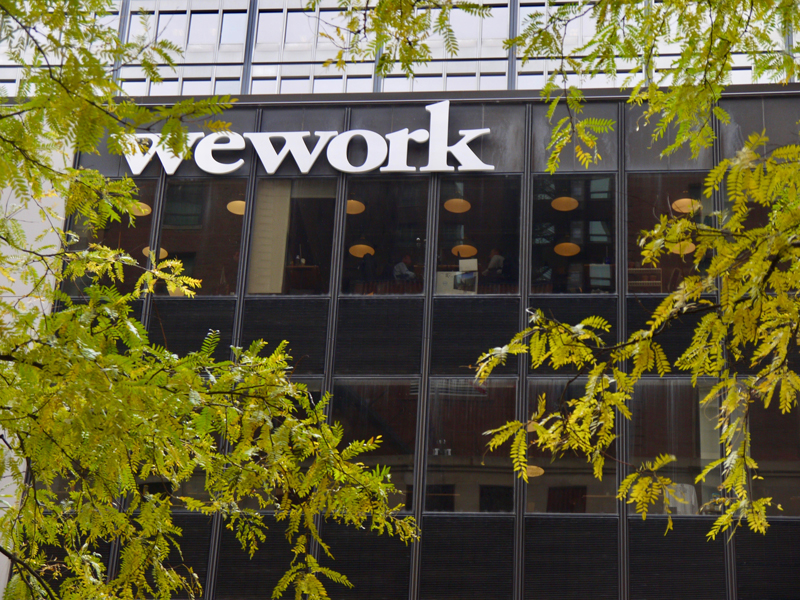Co-working giant WeWork files for IPO
WeWork, which recently rebranded as the We Company, is the latest in a line of ‘decacorns’ to pursue a public listing

Founded in 2010, the We Company is London and New York’s largest private office occupier, and today operates in 114 cities
The We Company, formerly known as WeWork, has confidentially filed for an initial public offering, it announced on April 29.
In its statement, the office space giant said it had filed the paperwork with the US Securities and Exchange Commission in December 2018, kick-starting the process of becoming a publicly traded company.
By filing confidentially, the We Company is able to avoid providing key information about its finances
Founded in 2010, the We Company is London and New York’s largest private office occupier, and today operates in 114 cities globally. Its flexible co-working model makes it popular with entrepreneurs and small businesses, as it allows them to avoid long, expensive leases on trophy headquarter buildings.
We Company tenants also benefit from a wealth of perks such as regular conferences and panel discussion events, access to ping pong tables and free beer on tap.
Although it was valued at $47bn by private investors in a January funding round and reported $1.8bn in revenue last year, the firm is yet to turn a profit; its losses doubled to $1.9bn in 2018. For this reason, some ratings agencies have given the company a ‘junk’ or risky credit score.
By filing confidentially, the We Company is able to avoid providing key information about its finances. The firm also declined to voluntarily offer any information about how much it will seek to raise, the valuation it will be targeting or the timing of its IPO.
The We Company is the latest in a line of ‘decacorns’ – companies valued at over $10m – to file for an IPO in the past few months. Ride-hailing giant Lyft, which went public at the end of March, targeted a $23bn valuation, while its powerful rival Uber is seeking an $80-90bn valuation when it begins publicly trading in the next few weeks.
Like the We Company, neither Lyft nor Uber have turned a profit in the lead-up to IPO, a fact all are hoping will not deter investors. The We Company, in particular, has argued that it is in a strong financial position, with $6.6bn in cash and committee capital as of last year.
In a bid to make itself more attractive as a public company, the We Company has made several attempts in recent years to diversify its business model. Some have been more successful than others; the company launched a community housing project, WeLive, in 2016, which it said would account for 21 percent of its revenue by 2018. However, the project stalled in the face of high build costs, and today has just two sites, compared with 651 WeWork office sites.
Investors will have a clearer picture of the viability of investing in the We Company when it eventually releases financial information, which it will be forced to do before its listing.
In the meantime, the success of company’s diversification efforts will be under close scrutiny, as investors will be keen to avoid pouring funds into a firm that appears to have reached the ceiling of its potential growth.













